Traumatic Brain injury (TBI) is the leading cause of disability and death worldwide, with as many as 60 million people suffering from a brain injury or brain damage each year.
Many of these people will develop long-lasting neuropsychiatric and cognitive impairments. And while researchers know brain injury and head injury is linked to dementia and Parkinson’s disease in later life, they still don’t know how.
With your support, we can fund these life-changing research projects.

2025 Research Funded:
Funding: $50,000
Traumatic brain injury affects an estimated 69 million individuals per year.
The over-arching aim of the project is to investigate whether accelerated brain aging due to TBI is associated with reductions in Klotho, and whether this can be reversed by targeting Klotho gene expression:
Aim 1: Characterise levels of soluble -Klotho protein in the serum of individuals following traumatic brain injury and evaluate if this correlates with either predicted brain age or functional outcomes after injury.
Hypothesis: Traumatic brain injury will be associated with reduced levels of soluble -Klotho protein in the serum of individuals with a history of TBI, with lower levels correlated with a higher brain age and more persistent impairment following injury.
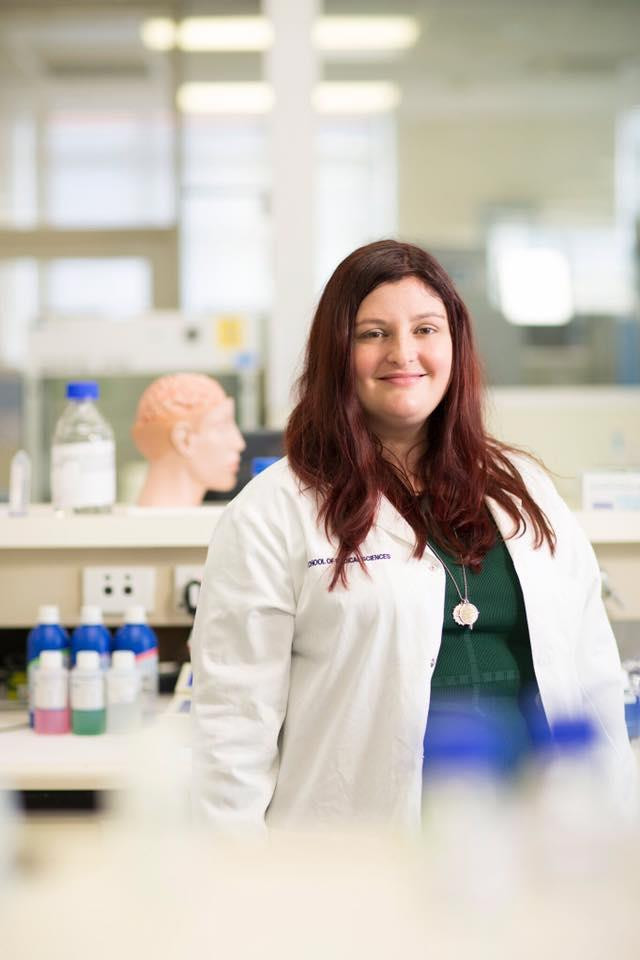
A/Professor Lyndsey Collins-Praino BS (Hons), MA, PhD Head of Cognition Ageing and Neurodegenerative Disease Laboratory The University of Adelaide
Funding: $49,849
Following head injury axons continue to degenerate chronically leading to ongoing cognitive, motor and affective symptoms that significantly affect quality of life. The mechanisms driving this ongoing degeneration are yet to be fully elucidated. Here we will investigate a novel mechanism driving this degeneration, in an interruption in the fuel supply to axons driven by oligodendrocyte dysfunction. Oligodendrocytes are a cell type within the brain that work closely with axons, delivering fuel through projections that form tiny channels in the thick insulating myelin layer that covers axons. It is proposed that disrupting these channels and the channels required to move fuel between the cells may be a key factor driving axonal loss.
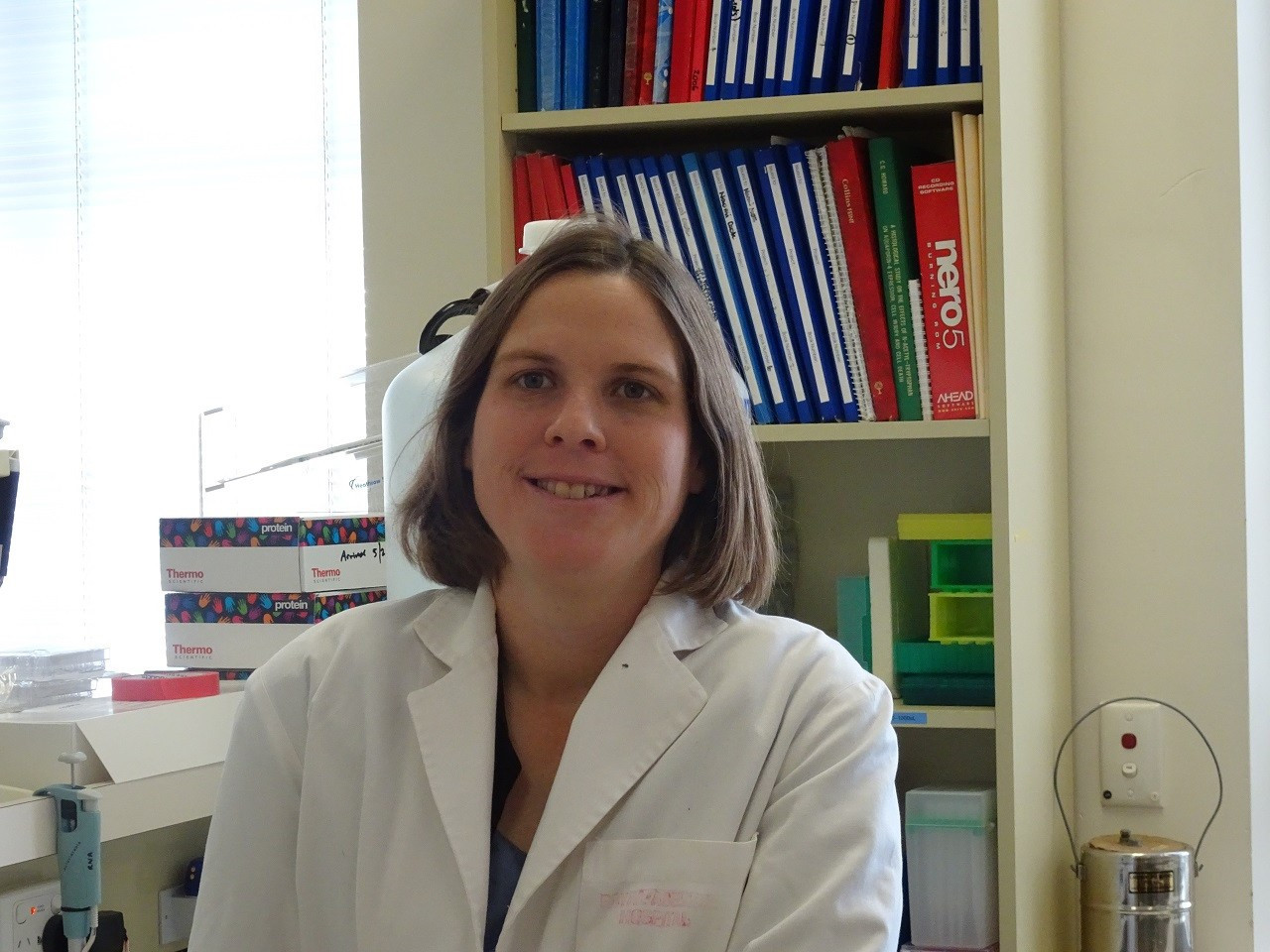
A/Prof Frances Corrigan BHlthSci (Hons), PhD University of Adelaide
Awarded to Abhiram Hiwase to attend and share the research work supported by the Neurosurgical Research Foundation at the International Neurotrauma Symposium 2024 in Cambridge UK.
Funding: $41,526
Attend workshop in UK providing education on ICM+ software. An existing technology implemented at the Royal Adelaide Hospital - however under-utilised for the purpose of neurosurgeon led neurotrauma research. This training will provide me the skills to create a data pipeline and harness the multitude of parameters gathered and stored by the ICM+ software in patients with brain injury.
PhD: Can We Improve Diagnosis and Understanding of Coagulo-fibrinolytic disturbances in Neurosurgical Patients with Traumatic Brain Injury?
Synopsis: Severe traumatic brain injury (TBI) is the leading cause of death and disability in trauma. In TBI abnormal clotting (coagulopathy) worsens intracranial bleeding, functional recovery and survival. Both deranged clot-formation and clot-dissolution (fibrinolysis) contribute to TBI associated coagulopathy. Current understanding and detection of these phenomena are limited. This study will examine the utility of rotational thromboelastometry (ROTEM) Sigma, a novel coagulation detection tool in neurosurgical patients with acute and delayed presentation TBI. Additionally, we will examine the mechanisms driving bleeding risk following TBI by looking at novel proteins including S100A10 and urokinase-plasminogen-activate to facilitate identification of novel therapeutic strategies in neurotrauma.
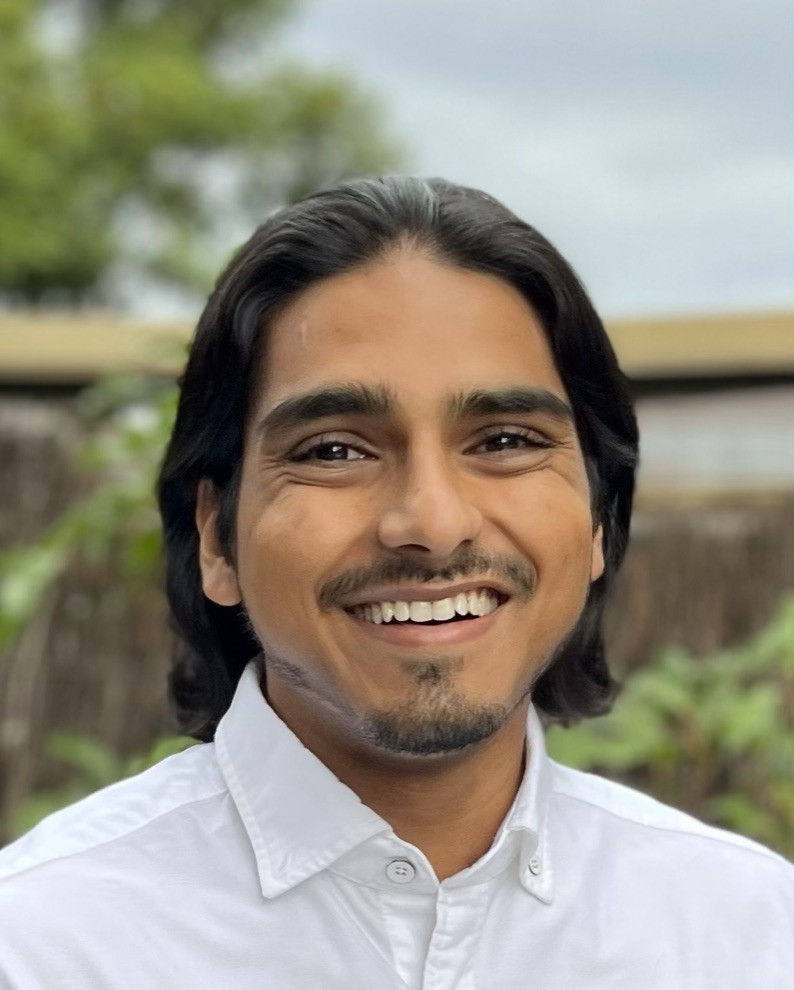
Mr Abhiram Devendra Hiwase, Research Assistant
University of Adelaide - Department of Health & Medical Sciences
The Research Assistant (RA) will conduct an in-vivo investigation of the relationship between head accelerations during contact sports and changes in microstructural neuroanatomy and cognitive function. The targeted RA has uniquely relevant expertise and experience and will manage all participant scheduling, data collection, and brain MRI scan data post-processing. These novel findings (manuscript under review) highlight the potential utility of iMG outputs and advanced MRI metrics as trauma screening and return-to-play tools for contact sport athletes.
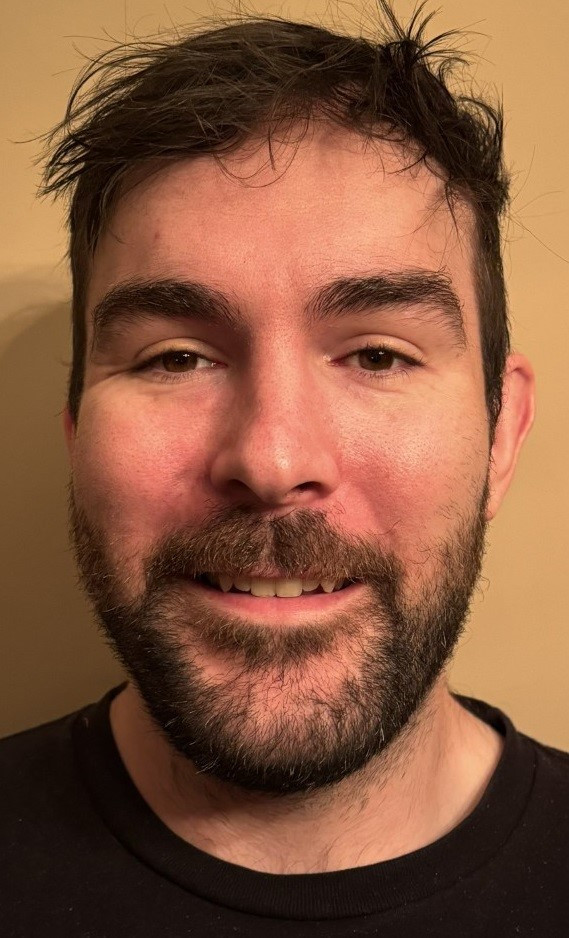
Mr Hugh McCloskey, Research Assistant
PhD Student (Final Year)
Centre for Orthopaedic and Trauma Research & Adelaide
Spinal Research Group, Adelaide Medical School, The
University of Adelaide

2024 Research Funded:
Funding: $49,660 - John Crowley Memorial Scholarship
Coagulopathy, or impaired blood clotting, complicates TBI. It worsens bleeding in the brain & confers a 9-fold increased risk of death. Current coagulopathy detection methods are slow & potentially inaccurate. ROTEM, a rapid point-of-care study, shows promise for precise & timely coagulopathy diagnosis. However, there is a lack of data to support its routine use in patients with isolated severe TBI. Our recent findings have revealed that abnormal ROTEM profile is associated with worse outcomes. We aim to investigate the underlying mechanisms & develop guidelines for utilising ROTEM in TBI management.

Mr Abhiram Devendra Hiwase, Research Assistant
University of Adelaide - Department of Health & Medical Sciences
Project: Following a concussion, the timeline of symptom recovery varies, ranging from a few weeks to those with persistent symptoms years following the initial insult. There are currently no objective measures to identify those at risk of a prolonged recovery trajectory, which is crucial to facilitate early intervention and targeted treatment. This project will utilize our clinically relevant pre-clinical model of concussion to investigate an array of promising biomarkers to determine which can predict outcome following concussion.
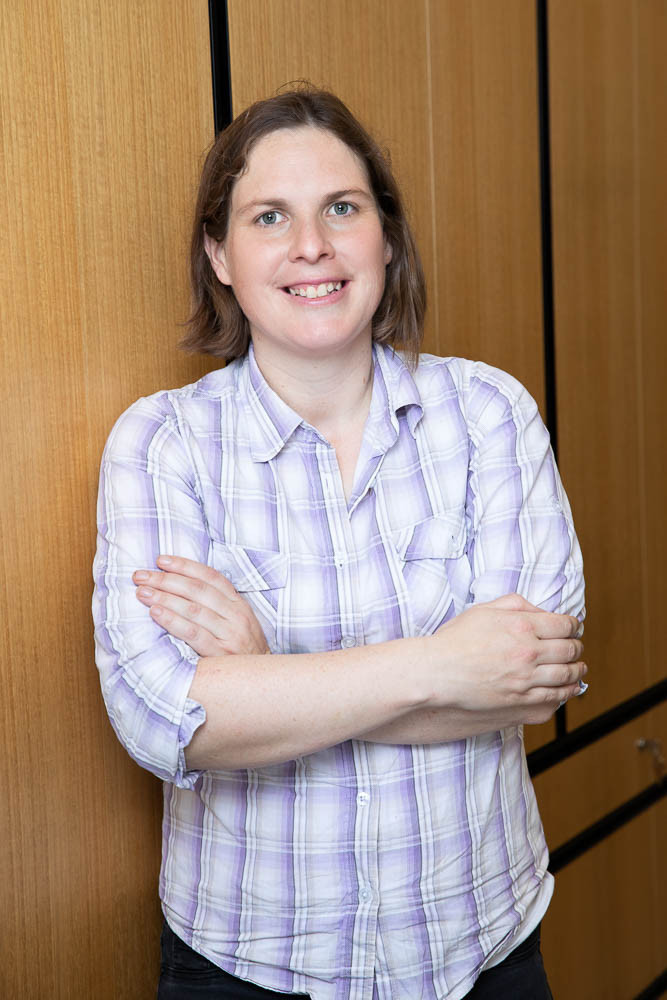
A/Prof Frances Corrigan, B Hlth Sci (Hons) PhD
Associate Lecturer, Biomedicine, University of Adelaide

2023 Research Funded:
Funding: $17,920 - John Crowley Memorial Scholarship
Chronic subdural-haematoma(cSDH) refers to a collection of old and often partially-liquefied blood clots within the skull. These collections can compresss the brain causing headache, seizures, and potentially death. They are a common neurosurgical condition in elderly. Surgical management is complicated by recurrence in up to one-third of patients. Deranged blood-clotting (coagulopathy) is suspected to contribute to this. Rotational thromboelastometry (ROTEM) is an alternative blood test to conventional coagulopathy blood tests, and may improve prediction of cSDH recurrence. We aim to perform ROTEM preoperatively for those undergoing cSDH removal, and assess whether an abnormal profile correlates with cSDH recurrence.

Mr Abhiram Devendra Hiwase, Research Assistant
University of Adelaide - Department of Health & Medical Sciences
Funding: $41,430
Project: Safe and effective control of haemorrhagic brain and vascular injury in skull base surgery is of paramount importance. Current standards of care products are limited by the depths and smaller anatomical corridors in advancing endoscopic neurosurgery.
Chitin is a naturally occurring biopolymer present in the exoskeleton of arthropods and cell wall of fungi and numerous other sources. It has antiadhesion, antimicrobial and increased clotting properties. This project aims to determine the safety and efficacy of novel beta-chitin patch in managing cerebral cortical and vascular injuries for future use in cranial skull-base surgery.

Dr Annika Mascarenhas MBBS Neurosurgery SET Trainee SET 4 (On Research Leave 2021)
University of Adelaide - Otolaryngology, Head and Neck Surgery/Neurosurgery
Funding: $15,220
Project: This study will be conducted in two phases. The primary purpose is for the development of an animal model of endoscopic small vessel handling, brain manipulation and haemorrhage control in the brain and dural closure techniques using sheep.
Once feasibility has been established with the pilot study in phase 1, then phase 2 will be the subsequent establishment of an endoscopic animal training model for ENT surgeons and Neurosurgeons for further development of operative skill.
Dr Annika Mascarenhas MBBS Neurosurgery SET Trainee SET 4 (On Research Leave 2021)
University of Adelaide - Otolaryngology, Head and Neck Surgery/Neurosurgery
Funding: $20,000
Project: Whilst hundreds of patients with potential brain injury present to the RAH every year, this study focuses on a subgroup at higher risk of neurological deterioration.
This group consists of patients who are assessed as having a moderate or severe TBI and are thus more likely to benefit from ROTEM use. According to past patient numbers, we estimate this group to be around 180 patients per year. In conjunction with our trauma colleagues, we aim to implement ROTEM testing in all patients presenting to our emergency department over the next three years with a moderate or severe TBI.
This project will enable us to investigate the relationship between TBI, ROTEM results and patient outcomes. By collecting ROTEM results, demographic data of patients and clinical outcomes, we aim to demonstrate the predictive value of ROTEM testing in this population.

Dr Adam Wells - Neurosurgeon
Royal Adelaide Hospital - Neurosurgery
I’m a neuroscientist with a key research interest in how diet and nutrition impacts brain function at both molecular and behavioural levels. A major part of my research program involves understanding how the network of molecules that surround neurons – called the extracellular matrix – can influence cognitive function – in particular memory formation.
A specialised form of extracellular matrix wraps around neurons, which is called a ‘perineuronal net’. This structure provides both a way of stabilising the physical connections that neurons form when encoding memories, and also provides a protective shield against damage in neurodegenerative conditions – including traumatic brain injuries.
My recent research shows that poor nutrition can damage perineuronal nets and cause memory impairments. I will be investigating how the combination of brain injury and nutritional status functionally affects neurons, perineuronal nets and memory abilities using a translational rodent model.

Dr Amy Reichelt
Senior Lecturer, University of Adelaide Medical School
Traumatic brain injury (TBI) is a major cause of disability and mortality worldwide, with increasing recognition that it can have life-long consequences. TBI may increase the risk of dementia, with suggestions that a dose-dependent relationship might exist. TBI is associated with neuropathological changes characteristic of Alzheimer’s disease (AD). AD is clinically defined by a progressive loss of cognitive function and is the most common neurodegenerative disease and the leading cause of dementia, accounting for 75% of cases. This project will test a novel hypothesis regarding the pathogenesis of AD following TBI using immunohistochemistry and will highlight potential imaging biomarkers.
We will also establish a novel MALDI imaging technique to identify spatial perturbations in neurotransmitters caused by TBI. The neurotransmitter imaging method will be made available to the wider neuroscience research community. We will be the first to establish this cutting-edge technology in Australia working closely with its inventor.

Dr Paul J. Trim
SA Health & Medical Research Institute (SAHMRI)
Traumatic brain injury (TBI) encompasses pathophysiological changes known as secondary injury processes that often lead to worsened prognosis and outcome. To date there is no reliable methodology to predict which patients may deteriorate acutely following TBI. This project aims to investigate the immediate inflammatory response to TBI, via cerebral microdialysis, which allows direct sampling of the fluid within the brain to determine if alterations in the expression of any proteins within the inflammatory response predict the later development of brain swelling. The ability to identify these patients earlier, allows therapeutic intervention to begin which may prevent these deleterious outcomes.
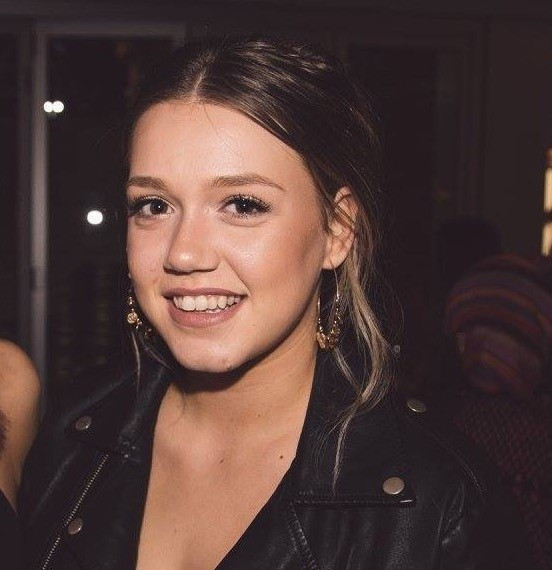
Ms Lola Kaukas PhD Student
University of Adelaide
Traumatic brain injury (TBI) is the leading cause of death in individuals under the age of 45 years and survivors are often left with long-term disability. In particular, patients with post-TBI gastrointestinal dysfunction have increased morbidity and longer periods of hospitalization. Therefore, treatment modalities targeting prevention of gastrointestinal dysfunction have important clinical implications. In the current study we will characterise both the time course and nature of gastrointestinal disturbances following trauma. As such, this study will evaluate the extent of gastrointestinal disturbances, including gut injury, increased permeability and alterations in inflammatory mediators, that occur following moderate traumatic brain injury. This may lead to the identification of novel therapeutic targets to reduce gastrointestinal complications and improve TBI patient quality of life.
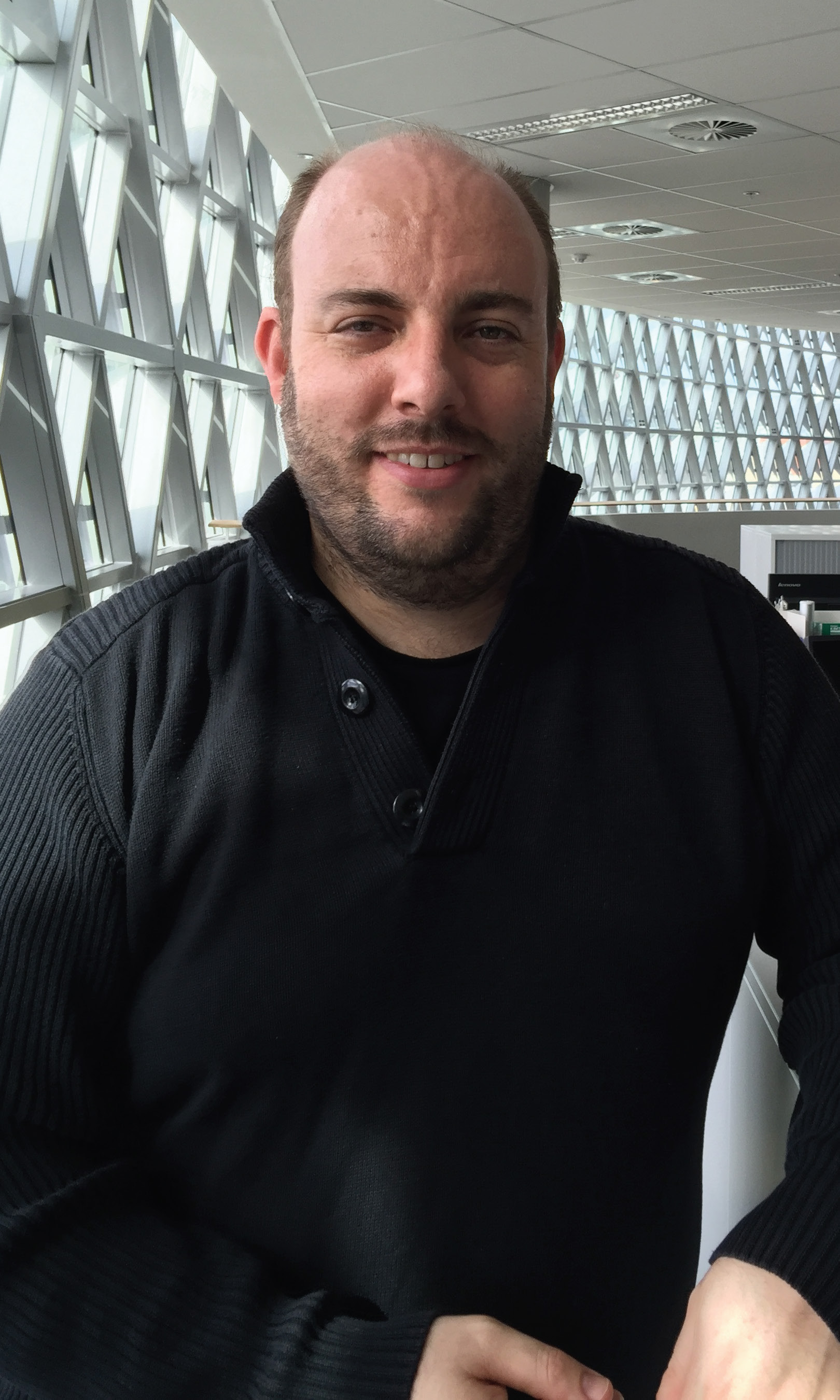
Assoc Prof Stuart Brierley
Mathew flinders Fellow in Gastrointestinal Neuroscience Flinders University
Mild traumatic brain injury (mTBI) is one of the most common forms of acquired brain injury, affecting millions of people around the world every year. Although once considered a short-lived injury, the potential long-term side effects of mTBI are now being increasingly recognised. Despite this, the physiological mechanisms contributing to these deficits are largely unknown, placing considerable limitations on how mTBIs are handled clinically. Using advanced neuroimaging techniques, my work aims to better understand how mTBI changes the brain, and how these changes result in ongoing functional deficits. This will allow us to develop markers of injury that can be used to track recovery from mTBI, and may eventually facilitate the design of interventions to reduce the burden of ongoing symptoms.

Dr George Opie PhD
NHMRC Early Career Fellow, Discipline of Physiology, The University of Adelaide
Parkinson’s disease (PD) is the second most common neurodegenerative disease after Alzheimer’s disease, affecting 10 million people worldwide and 1 in every 350 Australians. While the exact causes of PD are currently unknown, one risk factor is traumatic brain injury. Despite growing awareness of the link between TBI and PD, however, brain mechanisms that account for this relationship are unknown. One potential mechanism may be neuroinflammation. A potent inducer of neuroinflammation is activation of Toll-like receptor 4 (TLR4), a pattern recognition receptor broadly expressed in the central nervous system. The current study will investigate whether the development of neuroinflammation and PD-like pathology following TBI is mediated by TLR4 activation. This has the potential to shed light on the mechanism by which a major risk factor for PD may lead to disease, and may help to identify novel therapeutic targets.
While the acute effects of traumatic brain injury (TBI) are well-known, a number of individuals affected by TBI also develop chronic problems such as depression and cognitive impairment. Although the brain mechanisms of these impairments are currently unclear, persistent inflammation in the brain may play a key role.
Our current NRF-funded research projects investigate whether reducing brain inflammation immediately after injury can improve long-term outcomes in an experimental model of TBI. This work may have important consequences for the prevention of neurodegenerative diseases, such as dementia.

Assoc Prof Lyndsey Collins-Praino
Lecturer in Anatomy & Pathology, Adelaide Medical School, The University of Adelaide
Assoc Prof Lindsey Collins-Praino speaks further about her research.
Click here to donate to the Traumatic Brain Injury Research Appeal